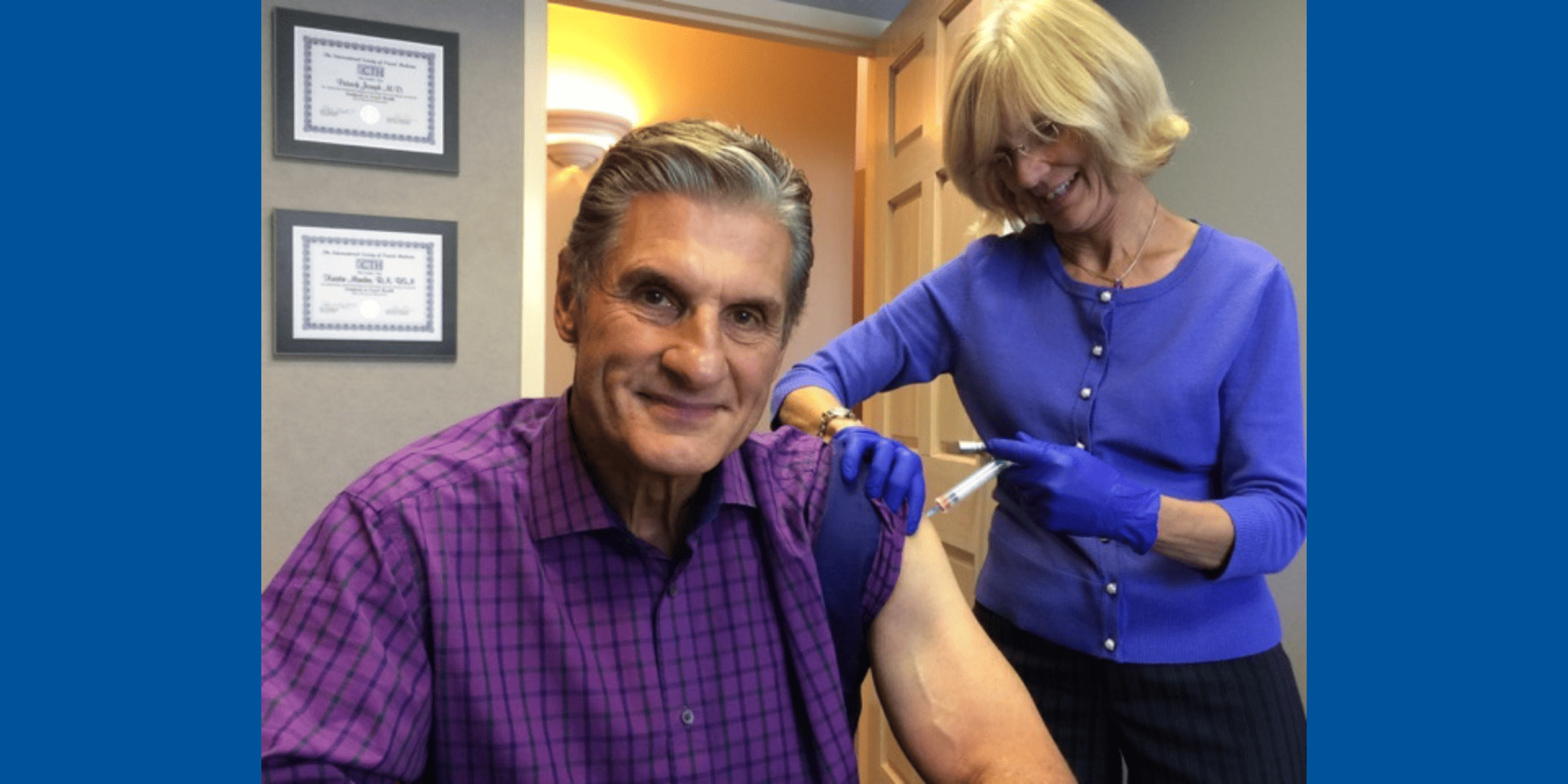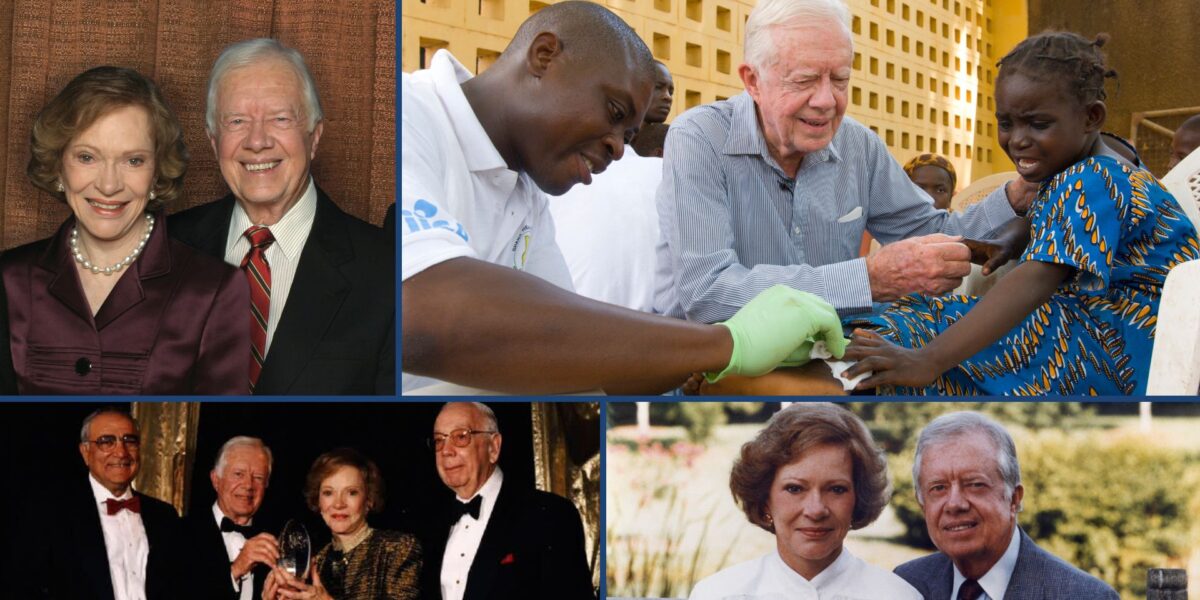
NFID President, Patrick Joseph, MD, provides some insight as to why the measles are making a comeback in the US.
Q: Measles was previously declared eliminated in the US. Why is measles now making a comeback?
Due to a highly effective vaccine, measles was no longer endemic to the US and was declared eliminated in 2000. However, since then there have been a growing number of parents refusing to vaccinate their children as recommended by the Centers for Disease Control and Prevention (CDC) and the American Academy of Pediatrics (AAP).
In contrast to other outbreaks and epidemics, the current outbreak that began in Disneyland in December 2014 was not caused by viral mutation, international travel, unvaccinated emigrants into the US, or waning immunity from those who were once vaccinated.
The main cause of this epidemic is the willful avoidance of vaccination.
Q: How endemic is the problem? Is this just a problem affecting kids, or are you seeing this in your adult practice?
The major problem is for unvaccinated young children because the risks and side effects are the highest in this group. But now that we are in the midst of a growing epidemic, the threat of measles infection is real for everyone who is susceptible, particularly those in the following risk groups:
- ALL children under 12 months of age;
- Anyone who did not receive live measles vaccine as recommended by CDC;
- Any adult who may have received inactivated (killed) measles vaccine which was available from 1963-1967;
- Those who have a suppressed immune system from disease or therapy and cannot be vaccinated; and
- Those very few (1%) who have received two doses of live measles vaccine, but did not respond.
Q: What can be done on a state and/or national level to address this public health issue?The role of CDC is to protect the US population from health, safety, and security threats, both foreign and domestic. Whether diseases start at home or abroad, are chronic or acute, curable or preventable, due to human error or deliberate attack, CDC fights disease and supports communities and citizens to do the same. Ensuring public safety will require a substantial increase in the overall immunization rates among the public.
Local, state, and federal governments must explore and implement all appropriate measures to increase the number of individuals immunized…and dramatically decrease the numbers of those who are opting out of vaccinating their children. In California, for example, two state senators recently introduced legislation limiting “personal belief” exemptions to the MMR (measles, mumps, rubella) vaccine. If this legislation is passed, California will join 32 other states that do not allow parents to opt out of vaccination requirements based on a personal belief exemption.
Q: Why is this becoming a problem?
Measles infection is one of the most contagious infectious diseases, and may be associated with severe side effects including major neurologic damage and death. As the number of unvaccinated, susceptible children increase, the risk of an epidemic grows rapidly and is a true threat to all at-risk groups.
When the overwhelming majority of children were vaccinated as recommended, those few who were susceptible from serious medical diseases were much safer, a concept referred to as “herd immunity” or “community immunity.” Now that the pool of unvaccinated children has increased, “community immunity” is declining. This poses a tragic and unnecessary threat to many children and adults who do not have an opportunity for vaccine protection.
Q: What can individuals do to prevent measles and stop the current outbreak?
- Healthcare professionals need to make a strong recommendation to their patients to get the MMR vaccine as recommended by the CDC
- Parents need to be sure that their children receive two doses of MMR vaccine on schedule, at age 12-15 months and again at age 4-6 years
- Adults should review their own vaccination history and receive an MMR booster if they are unsure about past vaccination or immunity
- All individuals traveling outside the US should consult with their healthcare professional about the MMR vaccine; infants as young as 6 months of age should receive the MMR vaccine if traveling internationally
Ultimately, it is critically important that everyone who can be vaccinated, gets vaccinated.
The measles vaccine is one of the most effective vaccines available. In the decade before the measles vaccination program began, an estimated 3-4 million people in the US were infected each year, between 400–500 died, 48,000 were hospitalized, and another 1,000 developed chronic disability from measles encephalitis. Widespread use of measles vaccine has led to a greater than 99% reduction in measles cases compared with the pre-vaccine era.
Samuel L. Katz, MD, whose work on the development and promotion of the Edmonston measles virus vaccine revolutionized children’s health and reduced childhood mortality worldwide, will receive the 2015 Maxwell Finland Award for Scientific Achievement at the NFID Awards Dinner in Bethesda, MD on May 5, 2015. His remarkable accomplishments will also be featured in a future NFID blog post.
To join the conversation, follow us on Twitter (@nfidvaccines), like us on Facebook, and join the NFID Linkedin Group.
Related Posts

Remembering Jimmy Carter
The annual Jimmy and Rosalynn Carter Humanitarian Award honors the former president’s lifelong commitment to public service and global health

A Star-Studded Celebration of Public Health Heroes
At the 2024 Awards Gala and Silent Auction, the National Foundation for Infectious Diseases (NFID) recognized the inspiring accomplishments of 3 outstanding public health leaders: Seth F. Berkley, MD; Ighovwerha (Igho) Ofotokun, MD, MSc; and Grace M. Lee, MD, MPH …

Insights from Inspiring Public Health Heroes
Recipients of the prestigious 2024 NFID awards share their inspiring insights on the NFID podcast, Infectious IDeas …
